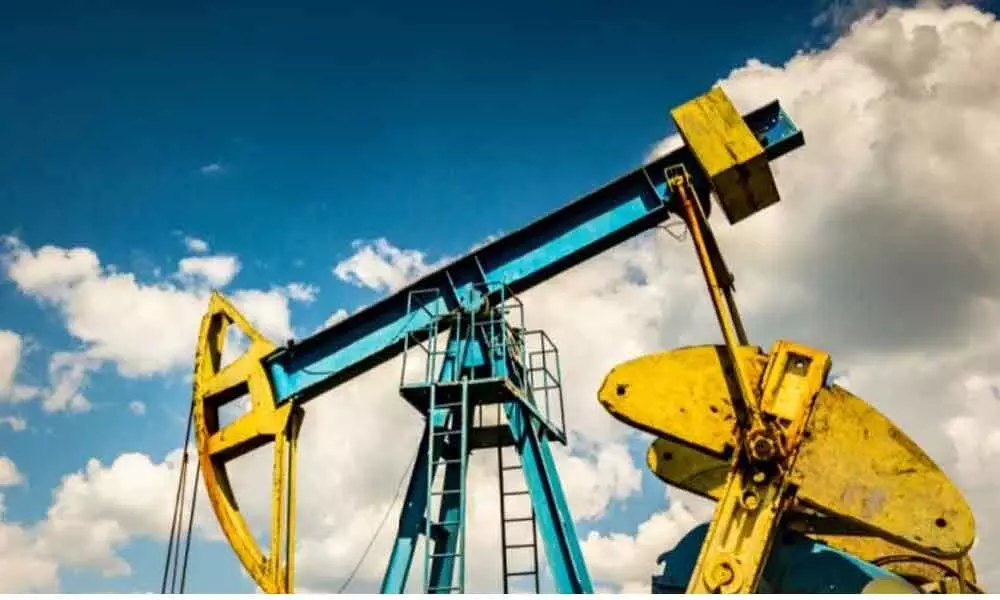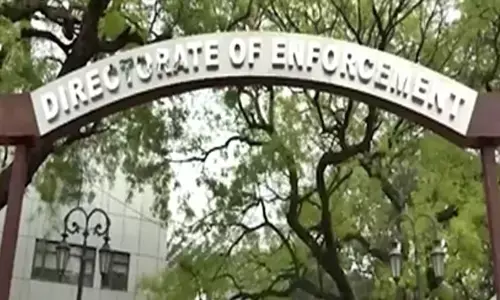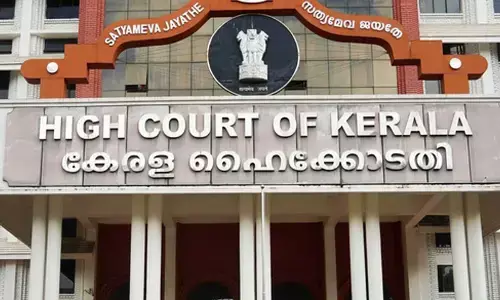Slow-moving, longer-lasting earthquake tremors can be triggered by oil and gas extraction, as scientists have discovered for the first time in Canadian fracking areas.Slow ruptures near an active gas well resulted in a novel form of earthquake, according to a team of experts from the Geological Survey of Canada. This explains how seismic slips and larger earthquakes can be triggered by near-inaudible vibrations caused by oil and gas production techniques.The study discovered that almost 10% of the 350 earthquakes measured over 5 months near an active gas well in British Columbia, Canada, ruptured more slowly and lasted seconds longer than ordinary fracking shocks.
The oil and gas industry uses hydraulic fracturing, sometimes known as fracking, to generate microscopic fissures in subterranean rocks by pouring pressured liquids into a drilled well.Fracking, by its very nature, creates minor, hardly detectable tremors in order to recover oil and gas trapped underneath. In addition, the operation pumps massive amounts of wastewater underground, potentially stressing existing geological fault lines.
The researchers discovered evidence of a difficult-to-detect mechanism that had been expected but not yet documented near fracking sites using a network of seismic stations surrounding an injection well.
The new sort of'slow-slip' signals discovered, nicknamed hybrid-frequency waveform earthquakes because of its unique characteristics, produce very little seismic energy and have a magnitude of 2.0 or less.High-pressure fracking is thought to cause aseismic slips that interact with nearby faults, stress rocks, and lead to larger seismic events, according to previous modelling and experimental studies, with the hybrid-frequency waveforms providing new evidence of that transition occurring just a few kilometres from gas wells.
According to Harrington and colleagues' report, the research comes amid growing fears that fracking is producing larger and greater maximum magnitude earthquakes, which was funded by an open science effort.
The largest fracking-related earthquake occurred in China in 2018 and reached magnitude 5.7, the same magnitude as a naturally occurring earthquake in Pakistan in 2021 that killed at least 20 people. So, while these man-made earthquakes are uncommon, they have the potential to wreak significant damage.Distant earthquakes have been connected to fracking in recent years, with research revealing that fluid injection can cause earthquakes far faster and further away than previously anticipated.
This type of research, which aims to figure out how fracking causes minor tremors that lead to larger earthquakes, is crucial evidence linking extractive processes to earthquake damage, not least for residents living near fracking sites who have long opposed the practise, fearing damage to their property, water supplies, and livelihoods.Much of this research has been prompted by a huge increase in seismic activity in the Midwest over the last few decades, as well as observations of shocks that last months or even years after being extracted.
Furthermore, a 2013 study found that wastewater-stressed oil and gas sectors are vulnerable to mid-sized earthquakes induced by larger earthquakes thousands of kilometres distant, with epicentres on different continents.While some seismologists argue that a better understanding of earthquakes caused by fracking aids in managing and mitigating associated risks, and that induced earthquakes are uncommon, many people are questioning whether fracking should be done at all, given our planet's current trajectory – a path to catastrophic global warming that can only be avoided if we phase out fossil fuels.
On that note, this body of study on fracking-induced earthquakes has some significant implications for the already-controversial carbon capture and storage technologies, which have yet to be validated at scale and similarly entail injecting captured carbon deep down.
















